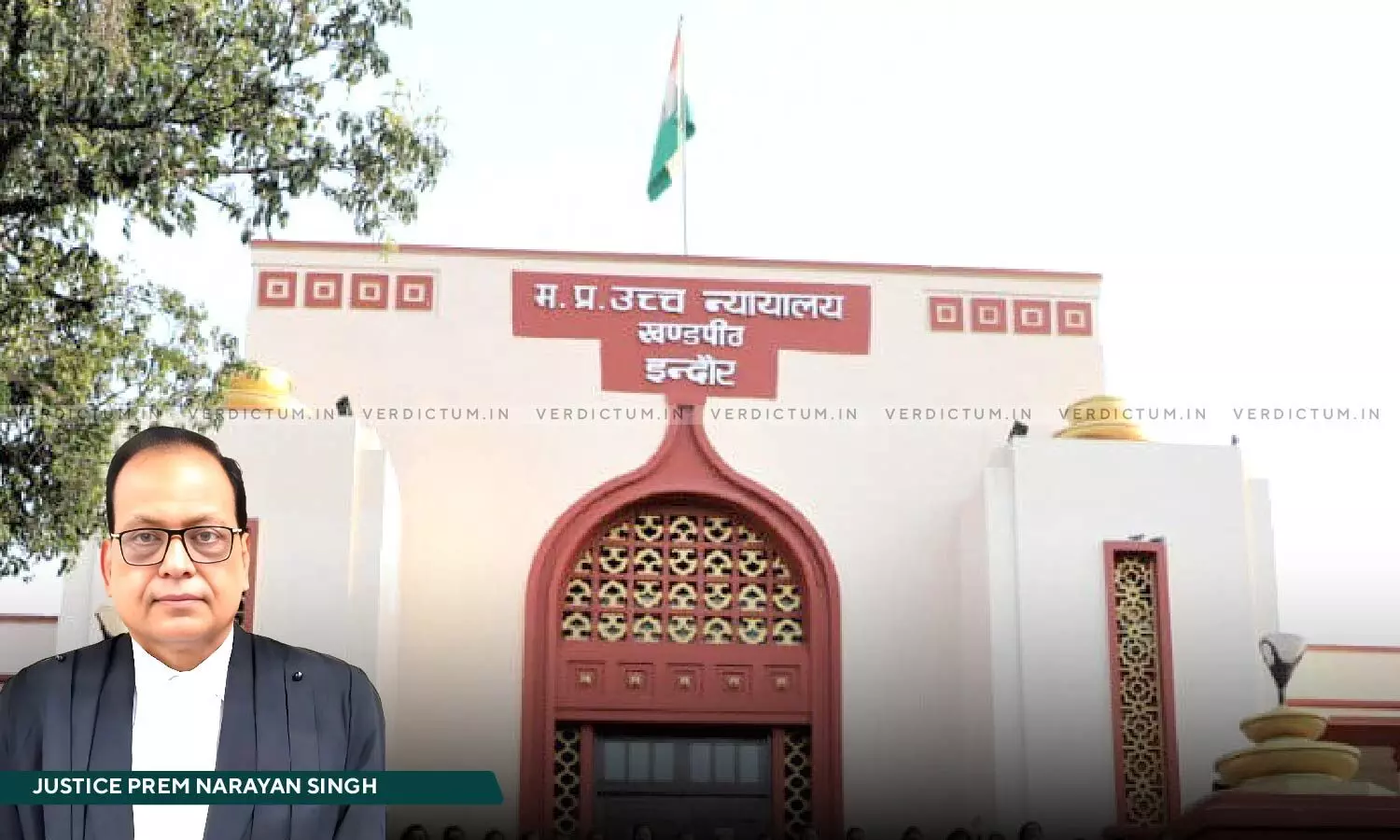
WhatsApp Group Admin Liable For Objectionable Photos Shared In It: Madhya Pradesh HC Refuses To Quash Sedition Case
 |
|The Madhya Pradesh High Court observed that the group admin of WhatsApp group at the time when the objectionable photograph was percolated and shared will be liable even if he had become admin by default.
In this case, the accused filed a revision petition before the Madhya Pradesh High Court against Sessions Court order framing charges against him under Sections 124A, 153A and 295A of Indian Penal Code, 1860 (‘IPC’), Section 67A of Information Technology Act (‘IT Act’) and Section 4 read with Section 6 of the Indecent Representation of Women (Prohibition) Act, 1986.
Referring to a judgment of Allahabad High Court in Mohd. Imran Malik Vs. State of U.P, the Bench of Justice Prem Narayan Singh noted, " In view of aforesaid judgment, since the applicant was undisputedly the group admin of WhatsApp group at the time when the said photograph was percolated and shared, he will be liable for the aforesaid offences irrespective to the fact that he became admin by default."
Advocate Rekha Shrivastava appeared for the Petitioner and Advocate Anand Soni appeared for the Respondents.
As per First Information Report, in order to incite the religious sentiments of Hindus, a nude photo of a lady alongwith National Flag was shared in a WhatsApp group named 'Sanskari Kamine'.
The petitioner claimed that the charges were framed wrongly, arguing that they were not the original admin of the WhatsApp group where the objectionable material was shared. The petitioner denied any connection with the offensive content, stating they did not create, share, or like the objectionable photographs.
The prosecution argued that the petitioner, as a member and admin of the WhatsApp group, was liable for the charges. They emphasized that using WhatsApp implies agreeing to its terms and conditions.
The Court noted, “In this regard, Section 33 of IPC mandates that “The word “act” denotes as well a series of acts as a single act : the word “omission” denotes as well as series of omissions as a single omission .” In this way, inasmuch as, the petitioner had not left the WhatsApp group and remained in group as admin, the prima-facie case regarding the aforesaid offences made against him.”
The Court reviewed precedents and legal principles related to the framing of charges. It noted that at that stage, the court's role was to determine if there is a strong suspicion that the accused committed the offense. The Court said, “the learned trial Court, while framing of charges, must apply its judicial mind on the material placed on record and must be satisfied that there is strong possibility subsist that the accused has committed the offence.”
The Court considered arguments from both sides and referenced relevant legal precedents. It rejected the petitioner's contentions and concluded that there is no illegality, perversity, or infirmity in the trial court's order. As a result, the revision petition was dismissed, and the charges framed by the trial court were affirmed.
Cause Title: Juned v. The State Of Madhya Pradesh Station House Officer & Ors.
Click here to read/download Judgment